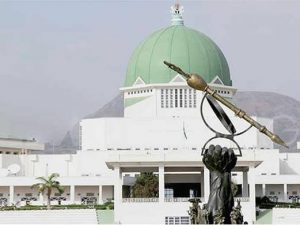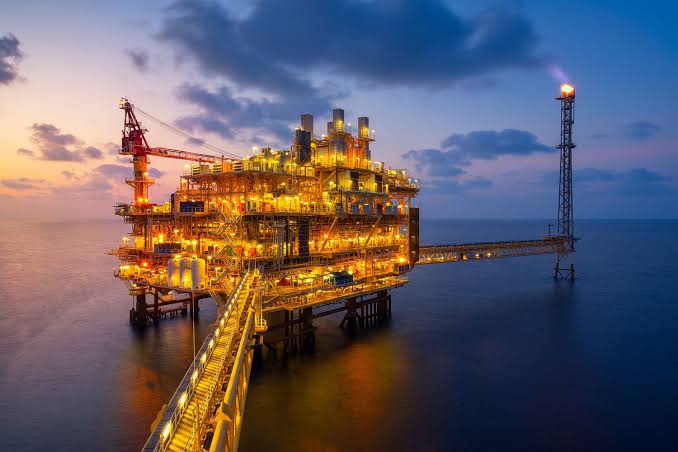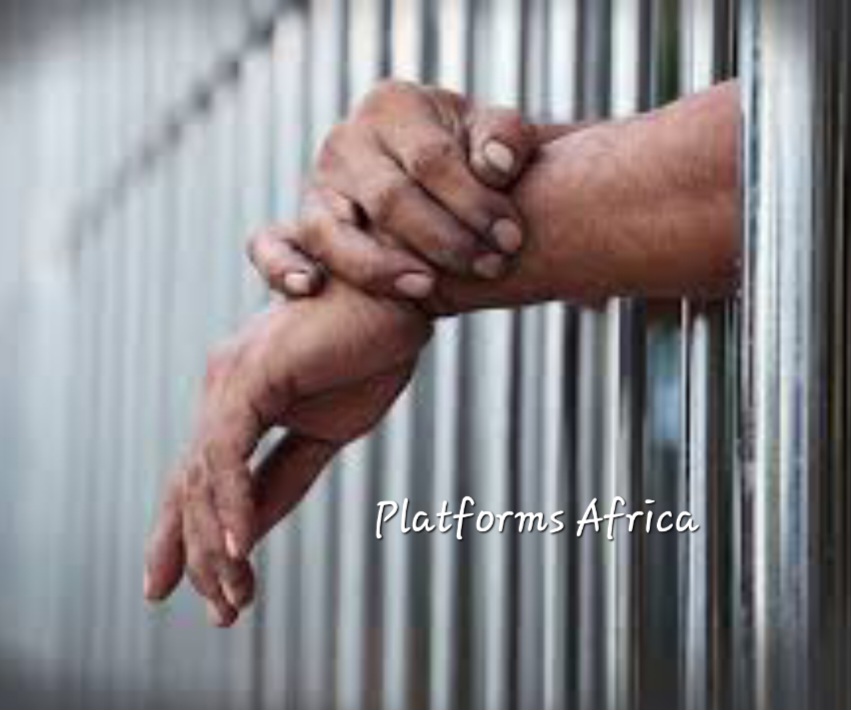NNPC’s Equity Sale through IPO, N280 per litre petrol price through subsidy removal, award of 3% development fund and gas flaring fines to host communities and others are details of the bill provided in this report. Beyond these, Platforms Africa highlights reasons investors and Nigerians can not rejoice yet.
Nigeria’s legislators on Thursday ended a 20-year foot-dragging on Petroleum Industry Bill (PIB) at they approved the long-delayed oil and gas law that aims to, among other thngs, transform the Nigerian National Petroleum Corporation (NNPC) to a profit-driven liability company by part-sale of the corporation’s equity through the Initial Public Offering (IPO).
Platforms Africa reports that the bill, passed by the lawmakers’ body known as National Assembly alias NASS, has also awarded 3% development fund as well as gas flaring fines to host and impacted communities.
READ ALSO: DPR confirms Platforms Africa Exclusive Story on Shakeup, Deputy Directors
JUST IN: Buhari makes U-Turn, orders DPR to return revoked Addax oil blocks
How Winners of NCDMB, NEXIM Bank’s Women in Oil Sector US$40m Will Emerge
Nigeria hands over Marginal Oil blocks’ licenses to Winners + FULL LIST
The Petroleum Industry Governance Bill or PIGB had, according to Platforms Africa been under review in the National Assembly for nearly two decades, beset by disagreements, including over how much money should go to local communities in oil-producing regions.
“Today, a monster has been defeated,” Ahmed Lawan, President of the Nigerian Senate, declared .

‘Both the Senate and House of Representatives have passed the PIB. It’s a landmark feat by the current National Assembly after many years of delay,’ Ola Awoniyi, spokesman for the senate president added in a chat with Platforms Africa.
The bill is expected to reform the Department of Petroleum Resources (DPR), scrap some institutions with overlapping functions and also attract new foreign investment to the country’s struggling petroleum industry, Platforms Africa gatheres.
Africa’s largest oil producer has drawn only a small fraction of global petroleum investments, long troubled by corruption, inefficiency, high production costs and security concerns.
The PIB is supposed to provide a clearer framework and simplify taxes and royalties for oil companies working in Nigeria, which currently produces around 1.9 million barrels per day (bpd).
Platforms Africa reports further that the bill also gives the legal power for the government to remove fuel subsidy, which if assented to today by the Presodent will see petrol price skyricket to as much as N280 per litre.
‘It has been 20 years in coming,’ said House of Representatives Speaker Femi Gbajabiamila, also describing it as a ‘landmark achievement.’
The PIB was also meant to address demands from local communities after years of underdevelopment and environmental damage in Nigeria’s oil-producing states.
Reasons it is unripe for Nigerians, investors to rejoice
Platforms Africa exclusively reports that there are some differences in versions passed by both Chambers. Harmonisation and concurrence will first be done before transmittal to Villa for President’s assent.
For instance, local communities had asked for more than the initial proposal that companies invest 2.5 percent of their operating expenses into local projects.
Senator Ajibola Bashiru said the Senate and the House had disagreed on a final figure, but would later reconcile a figure between 3 to 5 percent for community developments.
Chief Bebe Okpabi, traditional leader of oil-producing communities in Ogoniland in Rivers State, said they were at last being recognised and compensated for the oil resources in their regions.
Mixed reactions
But the new law met with mixed reactions from others.
‘The approved bill fell short of our expectation. We had expected something like 25 percent for the host communities,’ said Fegalo Nsuke, president of Movement for the Survival of Ogoni People (MOSOP) activist group.
‘I believe a lot more can be done. The bill as currently passed is work in progress.’
Oil companies had, according to this leading online newspaper (Platforms Africa), asked for changes to the law to ensure it was favourable to offshore developments, where half of Nigeria’s output is located.
Nigeria, Africa’s largest economy, badly needs more investment in its oil industry. Its economy has been hit hard by the fall in world crude prices during the global coronavirus pandemic.
While petroleum prices have edged back up and the economy has emerged from its second recession in four years, soaring inflation and food prices are hitting hard.
Nigeria hopes the PIB will encourage more investments while there is still time, as the world’s interest in oil and financing of fossil fuel projects is diminishing.





